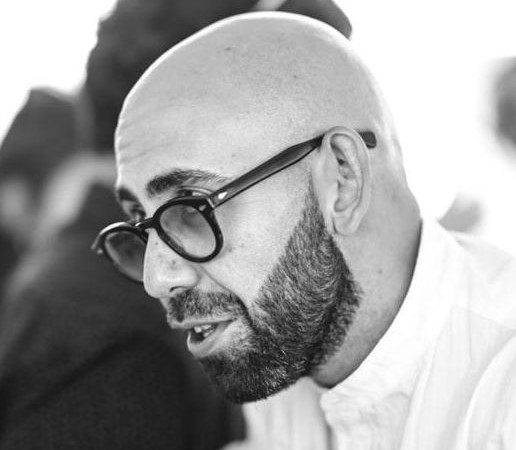click to dowload our latest edition
CLICK HERE TO SUBSCRIBE TO OUR NEWSLETTER


Published
9 months agoon
Wikipedia is such a part of our lives that we rarely take time to think about how it works and what role it plays in shaping society. Yet these questions are being asked by Israeli journalist and researcher Omer Benjakob on a daily basis.
He calls Wikipedia the “de facto core of knowledge” in today’s world, and says we’re experiencing “the wikipedication of knowledge” and “a post-truth battleground”. Benjakob believes that every serious media source needs a “Wikipedia journalist” to trawl the online encyclopaedia and report back on the “knowledge wars” that play out on those pages.
Wikipedia tries to get to the core of truth by allowing anyone to contribute to its pages, Benjakob says, but at the same time, this allows false information to creep in, even with Wikipedia’s strict requirements. At the same time, he believes Wikipedia is one of the best sources of information on the internet because it’s so strict about information being backed up by sources.
An investigative journalist working at the intersection of politics, technology, disinformation, cyber, and surveillance, Benjakob told a rapt Limmud Cape Town audience how he and others discovered one of the biggest Wikipedia hoaxes of all time – the creation of a fake Holocaust death camp.
In looking at its past, Poland is in a complicated space, Benjakob says, because Poles were both victims of Nazism and perpetrators of the Holocaust. At the moment, there’s a strong movement in the country to obliterate knowledge of the latter. Some political parties are even calling for “rewriting the pedagogy of shame”, giving themselves and others a mandate to re-write or alter World War II history to hide Polish participation in the Shoah and highlight its victimhood.
In 2018, the Polish government introduced a controversial law that forbid blaming the Polish nation for Nazi crimes. The legislation was softened following Israeli pressure to remove punitive measures, but Benjakob says one historian is on trial for this very “transgression”.
So why would Polish nationalists want to create a fake death camp in Poland? “To raise the numbers of ethnic Poles who were killed at the hands of the Nazis,” said Benjakob. He notes that there was a kind of concentration camp in Warsaw near the end of the war, named KL Warschau. However, those interned there had essentially to “tear down” the Warsaw ghetto after it was liquidated, and at no point was it a death camp with gas chambers. Benjakob says interestingly, when the ghetto was torn down, its bricks weren’t destroyed. Essentially, Warsaw and the ghetto were “rebuilt” from their own bricks after the war.
Yet for 15 years, the Wikipedia article portrayed KL Warschau as a Nazi death camp in which 200 000 ethnic Poles were systematically killed in gas chambers. “I don’t think there’s a city that’s as well documented as Warsaw,” said Benjakob. “I can confidently say that we know what happened every day of the war in Warsaw. You can’t go a few steps in the city without seeing some kind of memorial or plaque. So how can this be something that was just missed?’”
Though Wikipedia demands that its contributors attribute facts to sources, the fake death camp was based on kernels of truth, and therefore the writers were able to get around these requirements.
“Here lie 200 000 people who weren’t murdered,” was the title of Benjakob’s investigative article on the matter. The hoax Wikipedia article had claimed that the camp’s files were burned and its gas chambers were blown up, leaving little evidence. “There’s no historical evidence of German gas chambers ever existing in Warsaw, and nowhere near 200 000 people died in the cluster of Nazi internment centres that did stand at the basis of the myth of KL Warschau,” wrote Benjakob at the time. Though the online article on KL Warchau has since been changed, conspiracy theories around it still percolate on the internet.
Benjakob says he’s passionate about many topics, including the history of encyclopaedias, but he never imagined being at “the frontline of Holocaust memory”, fighting for truth against powerful forces that want to change the narrative.
Yet the discovery of the hoax ultimately changed his life, leading him to become “obsessed” with Poland and the country’s effort to distance itself from Holocaust culpability. The story may be made into a documentary, highlighting how Wikipedia is often a battleground for truth relating to the past and the future.
